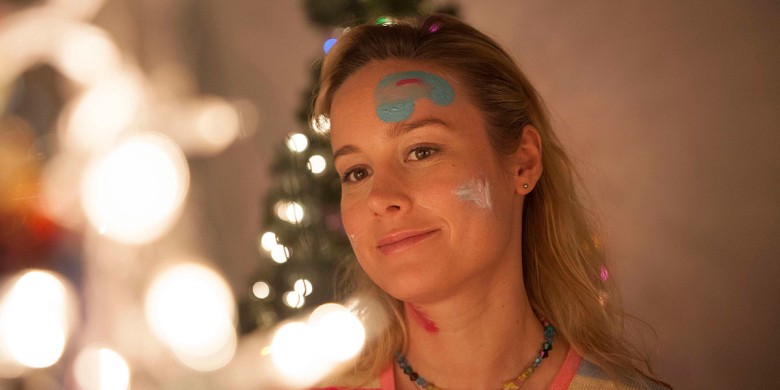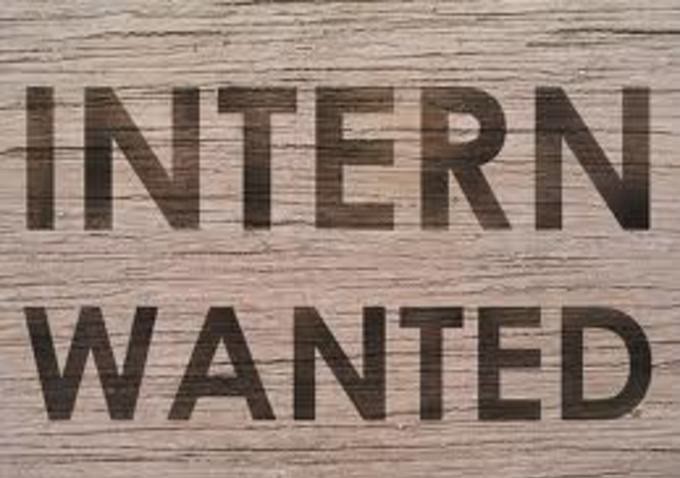Brie Larson is an Academy Award-winning actress whose credits include “Short Term 12,” “Room,” “The Glass Castle,” and the upcoming “Captain Marvel.” Her short film “The Arm” won the Special Jury Award for Best Comedic Storytelling at 2012's Sundance Film Festival. “Unicorn Store” is her feature directorial debut.
“Unicorn Store” will premiere at the 2017 Toronto International Film Festival on September 11.
W&H: Describe the film for us in your own words.
BL: Kit is a young artist who is kicked out of art school and takes a job at a temp agency. Once there, she starts receiving these very odd and intricate magical invitations that lead her to a place called “The Store.” She learns that there she can get a unicorn, which has always been her dream since she was a kid. It doesn’t cost anything; she just has to prove she’s worthy of it.
W&H: What drew you to this story?
BL: For me, the idea of going after this unicorn was dreaming the impossible dream.
The fact that I wanted to be an actor for so long and was told “no” so many times kind of made me feel a little crazy; I was like a person going after a unicorn. There were all these people scratching their heads and going, “Why are you doing this? This is obviously never going to work out.”
So, this is, in some ways, an homage to my life and my journey and hopefully a way to inspire others to keep going on their path, whatever their unicorn is.
W&H: What do you want people to think about when they are leaving the theater?
BL: It’s not an easy time in the world right now, so I hope that, in the spirit of film’s traditional escapism and a way to dream, this film can do that.
W&H: What was the biggest challenge in making the film?
BL: Making a feature film is a long and hard yet fulfilling process. I garnered so much empathy for the many, many jobs involved in making a feature film and what it takes to get it made.
I wore so many hats in pre-production, production, and post-production. As a director, you have to be deeply involved in every aspect from the costumes and casting to location scouting and sound mixing.
It was a wonderful, informative, challenging, exhausting, and rewarding experience.
W&H: How did you get your film funded? Share some insights into how you got the film made.
BL: I actually auditioned for “Unicorn Store” about five years ago and didn’t get the part. When I later found out that the film didn’t get made, I decided to go about it in a non-traditional way because the script had really resonated with me.
Around the time that “Room” was coming out, I got the call asking if I was interested in coming on as a director, and this set the rest in motion.
W&H: What does it mean for you to have your film play at TIFF?
BL: It’s emotional and meaningful to be back at TIFF sharing this film. It just feels like another piece of my heart is up for viewing at TIFF!
W&H: What’s the best and worst advice you’ve received?
BL: One of the most interesting pieces of advice I got recently was to “give it five years.” It’s essentially both good and bad — everything is perspective.
The worst piece of advice was before a callback a number of years ago. I was told to “come back in a short jean skirt.” I hope we’ve moved past that as a community.
W&H: What advice do you have for other female directors?
BL: If the traditional ways don’t work, don’t be afraid to go an untraditional route. We are in the business of creativity; utilize that skill set.
W&H: Name your favorite woman-directed film and why.
BL: Agnès Varda’s “Cleo from 5 to 7.” It is vastly symbolic. Instead of focusing on major plot points, it’s a film about process. It began my deeper understanding of archetypal images as a supplement to storytelling.
It’s beautifully performed, thoughtful, and engaging.
W&H: There have been significant conversations over the last couple of years about increasing the amount of opportunities for women directors yet the numbers have not increased. Are you optimistic about the possibilities for change? Share any thoughts you might have on this topic.
BL: Ultimately, if opportunities aren’t handed to us, we will create them for ourselves and continue pushing the limitations.
Directors like Patty Jenkins and Kathryn Bigelow are great examples of this. One just proved that a female director with a female star in a traditionally male-driven genre can be just as successful and formidable. And the other is the only female director to win an Academy Award across nearly nine decades. They continue to tell gritty, true-life stories that many would hesitate to finance or distribute.
As a minority, for better or worse, we are required to work harder and smarter for opportunity. By doing so, we may hopefully ease the way for our peers.







